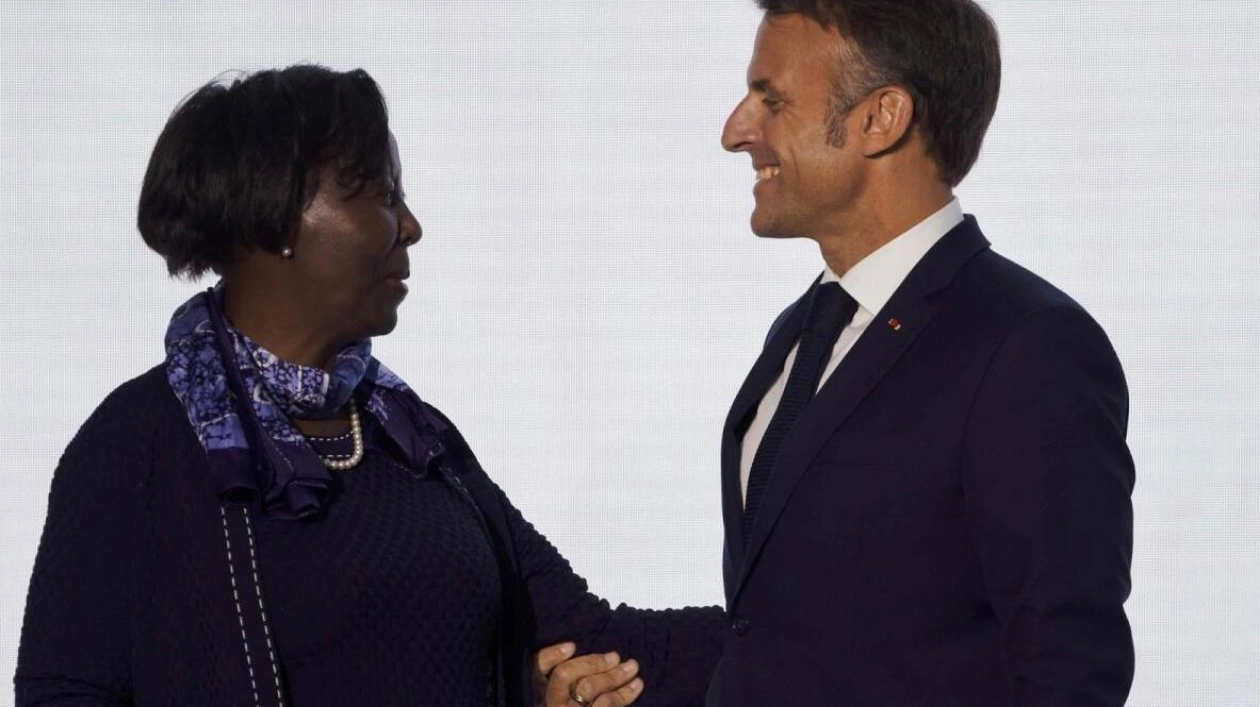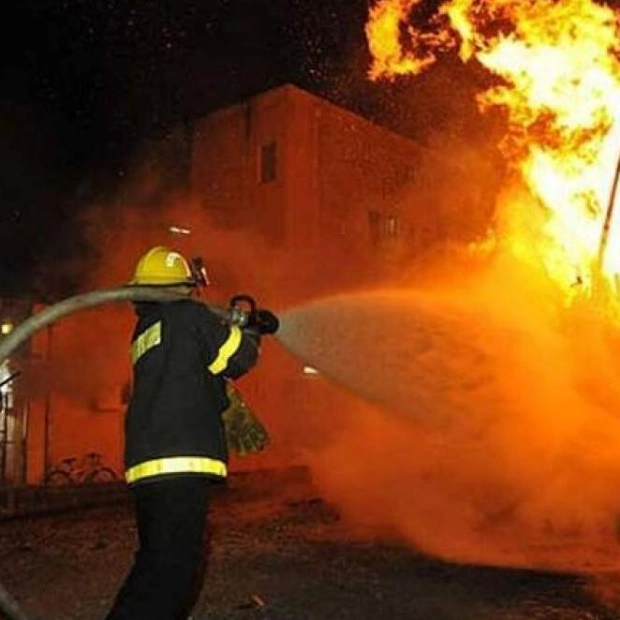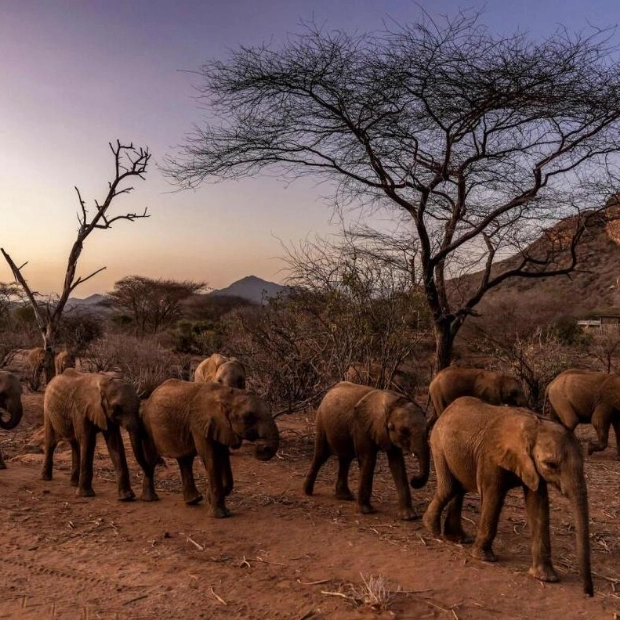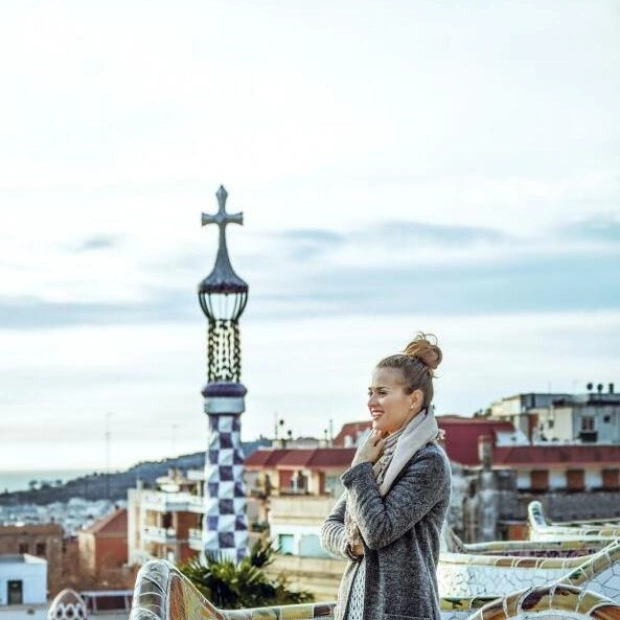French President Emmanuel Macron stated on Saturday that immigration is not inherently "bad," in a subtle response to the country's hardline interior minister who has pledged to intensify efforts against migration.
"Is immigration bad? The answer is no. It depends," Macron told broadcaster France Inter. "Is immigration from Africa bad in general? In truth, not totally," he added in remarks recorded earlier this week and broadcast on Saturday.
Macron hosted dozens of leaders from French-speaking countries for the "Francophonie" summit on Friday and Saturday, marking the first time the event has been held in France in 33 years. He hopes the gathering will enhance French influence in a world fraught with crises, particularly in Africa.
The African continent receives more financial support from immigrants in Europe sending money home than from European public development aid, according to Macron. "Shame on us," he remarked.
"All this is much more complex than people want to admit," Macron added, highlighting the "ethical and political tension" surrounding the issue. He also noted that foreign-born French citizens contribute to making France stronger.
"There are millions of dual nationals in our country. There are at least as many French people of immigrant origin," Macron said. "This is our wealth. And it is a strength."
Macron acknowledged the challenge of combating human traffickers and illegal immigration networks. France's new right-wing government has vowed to crack down on immigration and combat people traffickers.
Tragically, a two-year-old child was crushed to death, and several adult migrants perished in two separate incidents overnight Friday to Saturday when their overcrowded boats attempted to cross the Channel to Britain, according to French officials.
France's new interior minister, Bruno Retailleau, has pledged new immigration rules to "protect the French," stating that he does not view immigration as "an opportunity" for France. Retailleau also remarked that "the rule of law is neither intangible nor sacred." His appointment symbolizes the government's shift to the right under new Prime Minister Michel Barnier, following the summer's legislative elections that resulted in a hung parliament.






